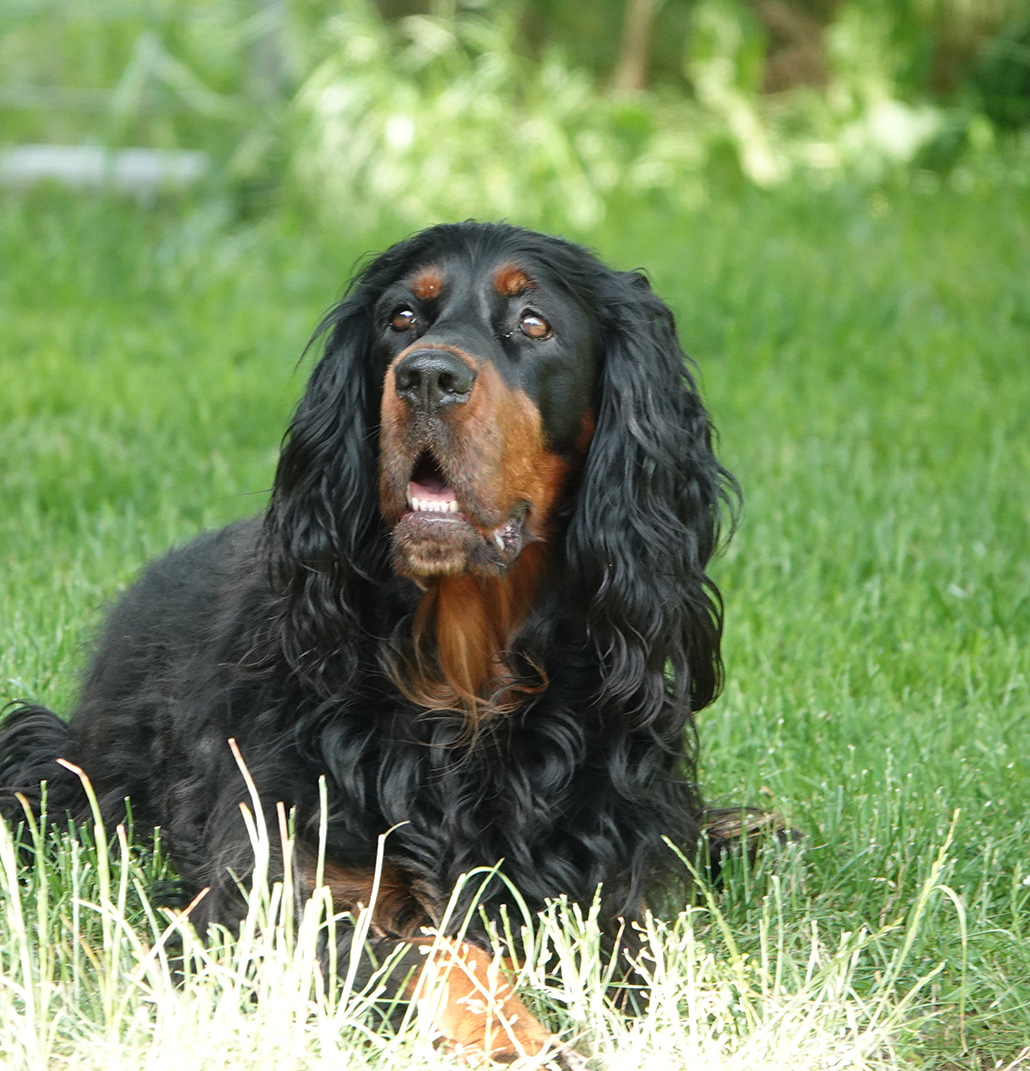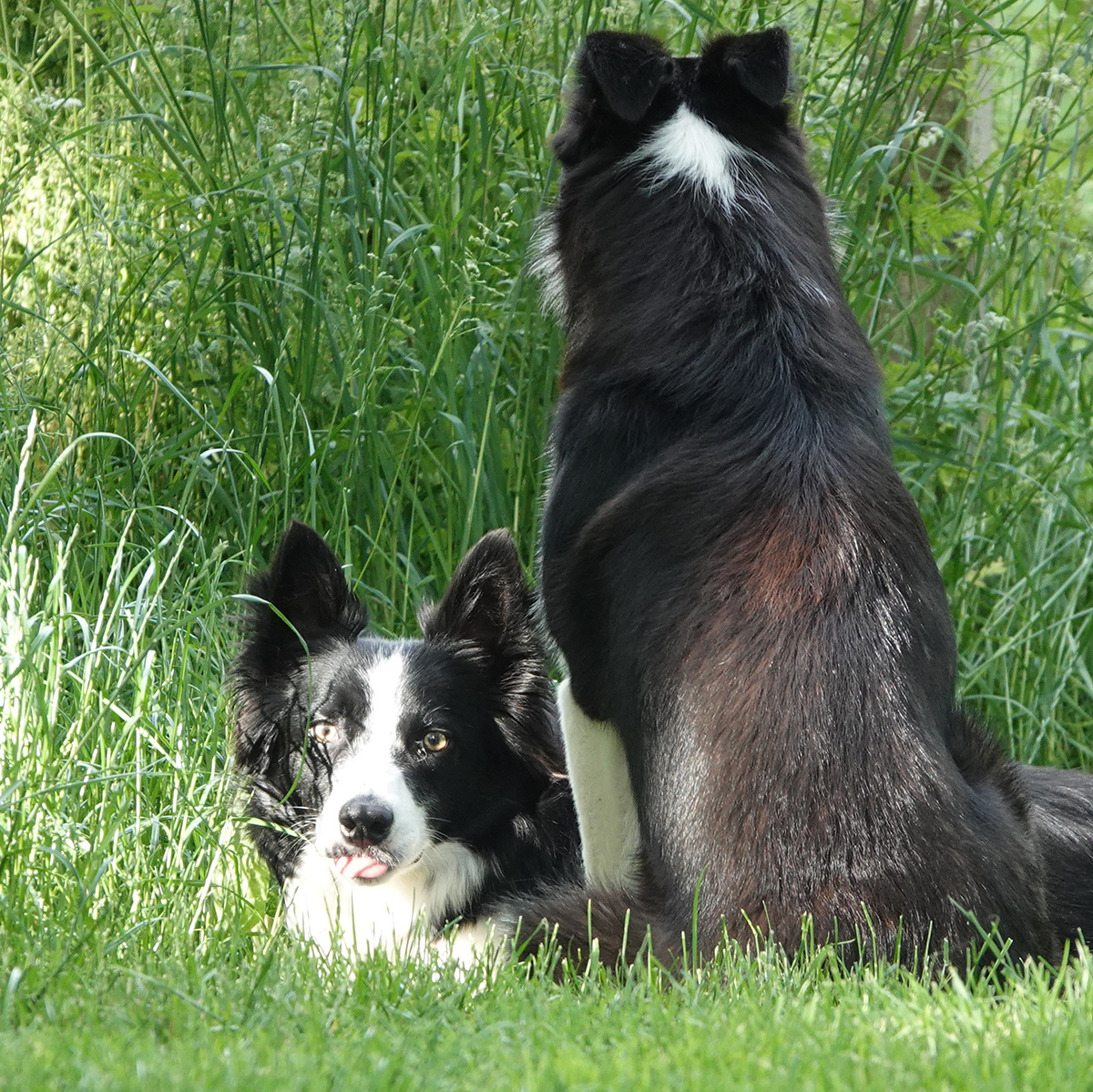The Value of Experience

…and yes, imposters do exist and live amongst us.
Experience, the noun, is to have practical contact with, or have seen, participated, encountered, and as a verb to encounter or undergo and event or occurrence.
For either you or me, or my dog, experience is the personal knowledge and skill gained by doing something, or applying our knowledge for a period of time.
Putting it bluntly, the non-experienced, or current generation of imposters, have attended a course, read a book, got a certificate and have yet to gain experience to deepen their knowledge or understanding of the subject, protocol, method.
When we invest our time into learning a new subject we need to become familiar with all the terminology, technology and provide evidence of our understanding through application. This is stage one. Hopefully our study time will have been managed by someone with extensive experience, that has been proven to be successful in the field we wish to progress, and not just another imposter – done the weekend, got the attendance certificate.
I consider my material offers around 3% of that topic. What you don’t see or may not even be aware of, is the other 97% that is called upon for the dog, or person or situation that does not fit the recipe. Through extensive experience I can adapt to meet the needs to that learner, at that time and in consideration of their future.

Gaining experience
With the obvious analogy of driving a car, the usual pattern is to learn our motor skills co-ordinating hands and feet, blend that with visual, aural and perceptive skills of reading the terrain and road and gaining experience of traffic in many conditions. These conditions will vary with seasonal changes of driving in ice, snow, heavy rain; quantity of traffic from rural roads and fast motorways, busy, urgent traffic that has zero tolerance. We will need to apply cognitive skills to manage our levels of anticipation, engagement and the expectation of numptiness from other drivers …. or the “I’m not surprised to see you in a ditch…..”
In fact, the more experience we gain from such varied driving conditions the more we are likely to want to stay at home.
Cars have become more user friendly, safer and easier to use. Gone are the days of my first car that needed the additional skills of a double de-clutch, gear lever on the steering column, and indicators that stuck out at right angles. The front seat was a bench, which meant my dogs could snuggle up alongside me on cold, heater-less mornings. Now they are caged several feet away and have their own ventilation system.
I may have gained experience of my lifetime of cars (perhaps 12) in many, many varied situations of both weather challenges and obnoxious traffic. But I have little experience of other types vehicles – I would love to drive a gigantic truck, a bus, an open top sports car, a seriously expensive, high performance car – all those variations between. Tiny smart car? No thanks.
My experience of vehicles is limited, my experience of traffic and conditions wide. Recognising the limits of your experience should always be a factor when taking up the wheel of any vehicle, or advising on the future of a person-dog partnership. Just because you have done stuff with a handful of your own dogs does NOT give you sufficient experience.
Sadly we see the fatal consequences of young and just-passed-my-driving-test where the experience and risk assessment skills are completely absent.
What does experience look like?
There are two elements that give you evidence of sufficient experience for either a dog or person:
A depth of knowledge: a really deep understanding of the principles, how they relate, function, their strengths and weaknesses.
An ability to adapt: and apply the principles to different situations, partnerships, activities.
A depth of knowledge means you have a good understanding of different types of dogs, and their genetic pre-disposition. You have explored the canine history and understand that only a handful of generations ago this breed was developed to hunt boar and that may indicate the dog has some tenacity.
An understanding of a protocol and potential fallout when misapplied: teaching a dog to grab and tug at toys that graduates into grabbing anything that moves.
The understanding that what is learned will impact on the long term future of that dog and its relationship and trust with people. That teaching something cool today may further down the road be sufficiently embarrassing that the dog never goes out in public.
The ability to adapt means that you can apply your knowledge and skills to many different situations. That training, teaching and working with people-dog partnerships is never about copying recipes. Learning to adapt your skills will also feedback into deepening your knowledge.
Seeking experience
In some fields this is a purchasable commodity, someone, somewhere is making money to give you experience. If you are an innovator you may need to seek experience from many different sources, who each pass you along a new pathway.
Over thirty years ago I wanted to learn more about collies. My experience at that time was limited to competitive obedience, and shucks, in our tiny, tiny box we thought we knew it all. I certainly learned a LOT about competing, handling a dog in the competitive environment. That experience has travelled through many fields.
I travelled, I offered my legs and my six (obedient) collies to assist in the hill gathers, dozens of them. They taught me a lot about sheep, how to drink black sweet tea and what “good water proofs” really meant. I offered my time to do the night shifts for in-barn lambing and moving lambs and ewes to new pastures. Sounds idyllic, but a real challenge testing a dog to the very fibre of their patience.
After several pairs of “good boots” I bought with 30 geriatric ewes and built my own flock, Madge being with me for 13 years and a superb right-hand ewe … she knew all the hidey holes and pathways to lead the younger ewes.
I went to many trials, from nursery to internationals, helping out, opening gates and mostly importantly listening and learning. I learned that horned sheep can get hooked in your bra.
I took on young collies that were the rejects of others. Those that would not have the wherewithal to work sheep went down the hill to town or into search dogs. Urban dogs that were in living hell alongside busy roads, went up the hill to farmers that appreciated a dog that knew its name and would jump into a tractor. Some stayed with me for a while to learn new skills and find new fortunes.
All of these opportunities were in addition to earning a living.
My experience of collies was not purchased on a course, nor did it arrive in a book. It was about applying my knowledge of teaching obedience and pet dog training to a new field. So completely different where a deep understanding of sheep and dogs was critical.
“You don’t shout at a dog because he could go home without you …..” When home was a couple of miles away and you would be left dog-less, and very shortly, sheep-less.

Choose your pathway of experience
You are unlikely to gather sufficient first-hand experience in all the areas you may need. A specialist in rescue will have the experience to know when to leave a dog in a kennel. Specialist in Show dogs will have experience of grooming, handling and moving dogs. There are specialists in rehabilitation, developing fitness, play, aggression, rehoming, in addition to all the niche sports.
If you want to offer specialised services then you should be seeking to work with the best in that field. That does mean attending, at a cost, all possible opportunities, engaging, questioning and learning, not texting during the boring bits. Researching online, reading and watching videos.
A weekend or short course may give you a peek. You will likely see fraction of their experience, knowledge and understanding. They may offer you a driving test, but that does not mean to can build your website to take on passengers.
Expertise in many different fields will not only give you insight where you many want to specialise but also build your library of who to refer or recommend when the needs are outside or beyond your experience.
You cannot know everything. Today the specialism is fractioning the dog professionals and we should know who is at the top of their field to offer personal recommendation.
Even if the field is outside my direct experience I can read their body of work and quite quickly identify the imposters.
Is experience of value?
Clever marketing can easily hide a lack of experience. Material can be copied from sources with established reputations built on experience and be impressive enough to capture the innocent. You travel this route at your own risk, or in reality your dog’s risk, because their lack of experience may result in a complete failure to learn, resolve an issue or contribute to an unpromising future. The outcome will be sad or yet again you search for the professional with the experience you need, and hopefully a chance to rebuild.
Learning cannot be unlearned.
This is one area where research, personal recommendation and diligent enquiry will pay dividends.
When I was involved in the Schools Inspection service one question we would ask students: “do you have confidence in the depth of knowledge of the teacher?” Students are quite canny are seeking out weakness and flimflam and quickly lose confidence that this teacher will be able to safely navigate them through their education. Confidence in your teacher, or coach, is critical to your learning experience.
I would recommend asking a similar question of personal recommendations.
A business offering a service based on competency and experience will charge more than the imposter throwing up their slick website to bring in loadsa money.
As Seth Godin says “You’ll pay a lot, but you’ll get more than you paid for.”
Learn from experience
Experience will teach you that you will never learn it all, and that learning is a lifetime process not defined by course completion, certificates or accreditation.
Be confident to say this is not my field of expertise or experience, but I can recommend someone who I worked with for a few weeks.
An imposter does not care that they are an imposter as their goal is to earn money at your expense.
See part 2 – An Experienced Dog








